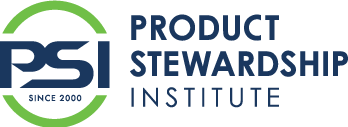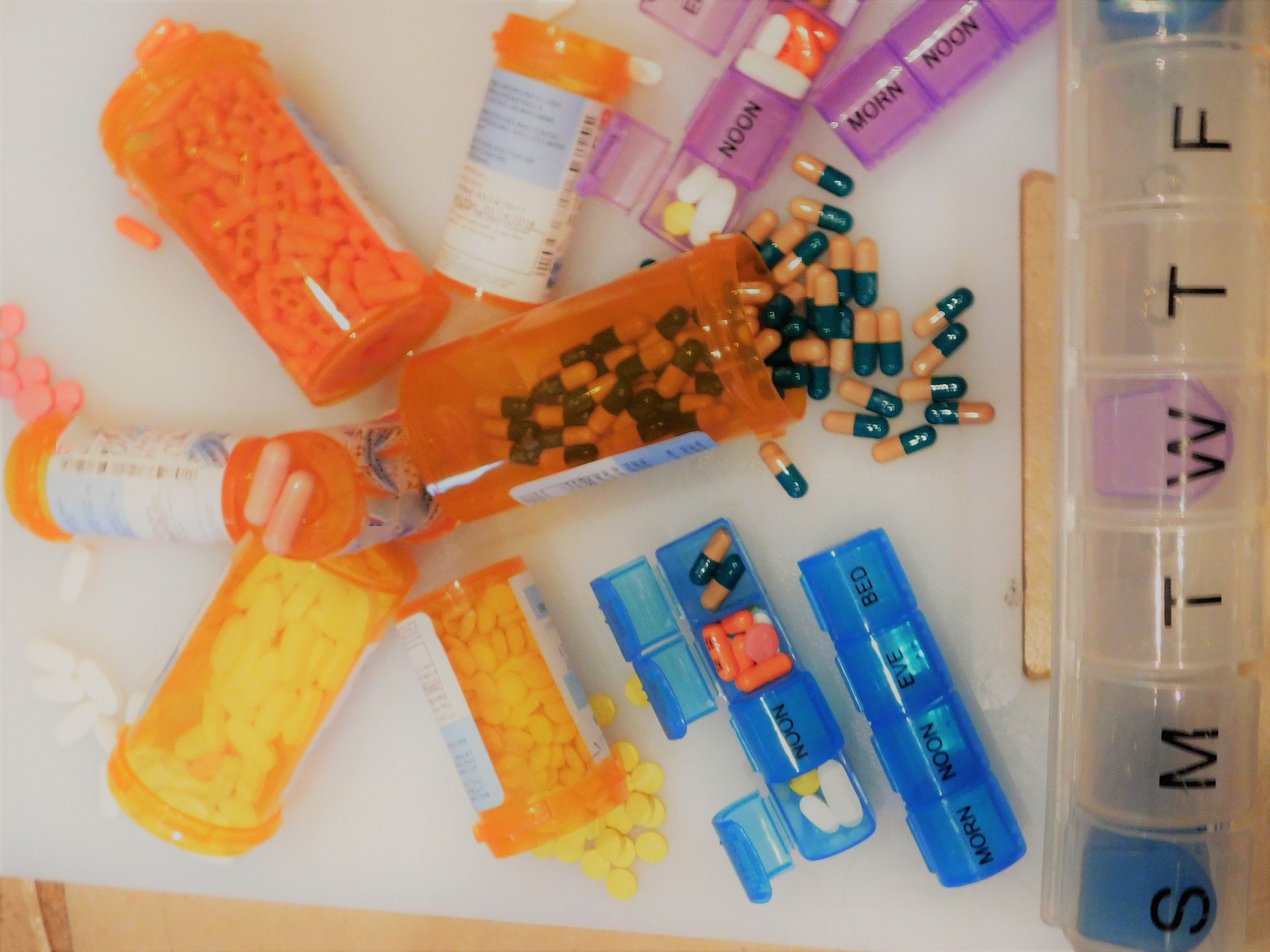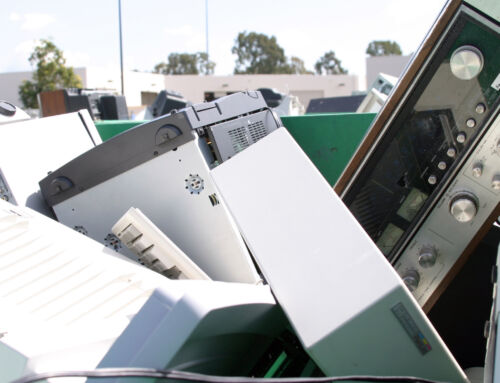New York Hospitals Continue Drug Collection in Response to Patient and Staff Support
Six-month pilot safely disposed nearly 1,600 pounds of unwanted medications
New York — Due to overwhelming support from their staff and patient populations, all five New York hospitals that participated in a drug take-back pilot program will continue to collect unused pharmaceuticals for safe disposal. The six-month pilot was conducted by the Product Stewardship Institute (PSI) and the New York Product Stewardship Council (NYPSC) and collected unwanted or expired medications, including controlled substances, from the public in convenient on-site kiosks and through pre-paid mail-back envelopes. This program removed leftover drugs from homes, where they are susceptible to abuse or misuse, and ensures they do not end up in our waterways after being trashed, poured down the drain, or flushed.
Together, the hospitals collected nearly 1,600 pounds of unwanted over-the-counter and prescription drugs during the six-month pilot program. Nearly all of the drugs were collected through kiosks conveniently located in hospital lobbies or near the outpatient pharmacy. Patients mailed the remaining small amount of drugs to a safe destruction facility via mail-back envelopes. The hospital pharmacies managed the locked kiosks and mail-back envelopes, which were provided by Stericycle, Inc.
After the pilot ended, Basset Medical Center, O’Connor Hospital, and Claxton-Hepburn Medical Center merged their programs with a program run by Covanta for the New York State Department of Environment Conservation (DEC). Rochester General Hospital and Gouverneur Hospital will use their own funds to continue collections with Stericycle.
“We were very pleased to be part of the PSI and NYPSC pilot program, which proved to be easy to implement and heightened awareness within our hospital of the multiple benefits of a safe disposal program,” said Greg Guimond, RPh, Director of Pharmacy at the Claxton-Hepburn Medical Center. “We are proud to continue this service to protect our patients and their loved ones.”
“Stericycle is committed to supporting hospital-based drug take-back programs that serve the patient community. Short-term pilots like this one are a critical first step and highlight the need for permanent state-wide programs that are sustainably funded,” said Meg Moynihan, Director for Strategic Marketing of Stericycle’s Environmental Solutions.
By 2019, all drug take-back costs for hospitals and pharmacies in New York will be covered by drug manufacturers, thanks to a new statewide law that passed in July with leadership from PSI, NYPSC, and Citizens Campaign for the Environment. “Drug companies put excess pills on the market and should pay to collect the surplus so they don’t pollute our waters and lead our kids to addiction,” said Scott Cassel, Chief Executive Officer and Founder of PSI. “Funding from drug manufacturers will remove a significant burden from taxpayers and governments, and is needed to make statewide drug take-back sustainable and effective.”
Drug take-back programs are a vital strategy to confront the prescription drug abuse epidemic and to protect waterways.”Safe drug disposal helps alleviate the opioid epidemic by removing dangerous drugs from the reach of vulnerable populations,” said Dr. Richard Brown, Psychiatrist at Bassett Medical Center. “It’s also impossible to ignore how what is tossed out or flushed impacts our water quality and our downstream neighbors.”
“More than 2,000 people in New York State die annually from opioid overdose — most commonly from prescription pain relievers,” said Andrew Radin, chair of NYPSC and recycling coordinator for the Onondaga County Resource Recovery Agency. “We’re proud to have partnered with five outstanding hospitals to divert these dangerous drugs from residents’ homes and our drinking water sources.”
In May, PSI and NYPSC released an online educational Toolkit that the pilot hospitals used to teach their medical staff and patients about safe drug disposal. Medical professionals nationwide can use these free, ready-to-print materials to learn about safe drug disposal and educate their patients about how to properly remove leftover drugs from their homes.
The project concluded with a national webinar to share lessons learned and discuss motivations, challenges, and tips for safe drug disposal at hospitals. Download the webinar recording to hear about the hospitals’ experiences first hand.


Contact:
Scott Cassel
Chief Executive Officer and Founder, PSI
(617) 236-4822
Vivian Fuhrman
Senior Associate for Policy and Programs, PSI
(617) 236-4771
Andrew Radin
Chair, NYPSC
(315) 295-0726




